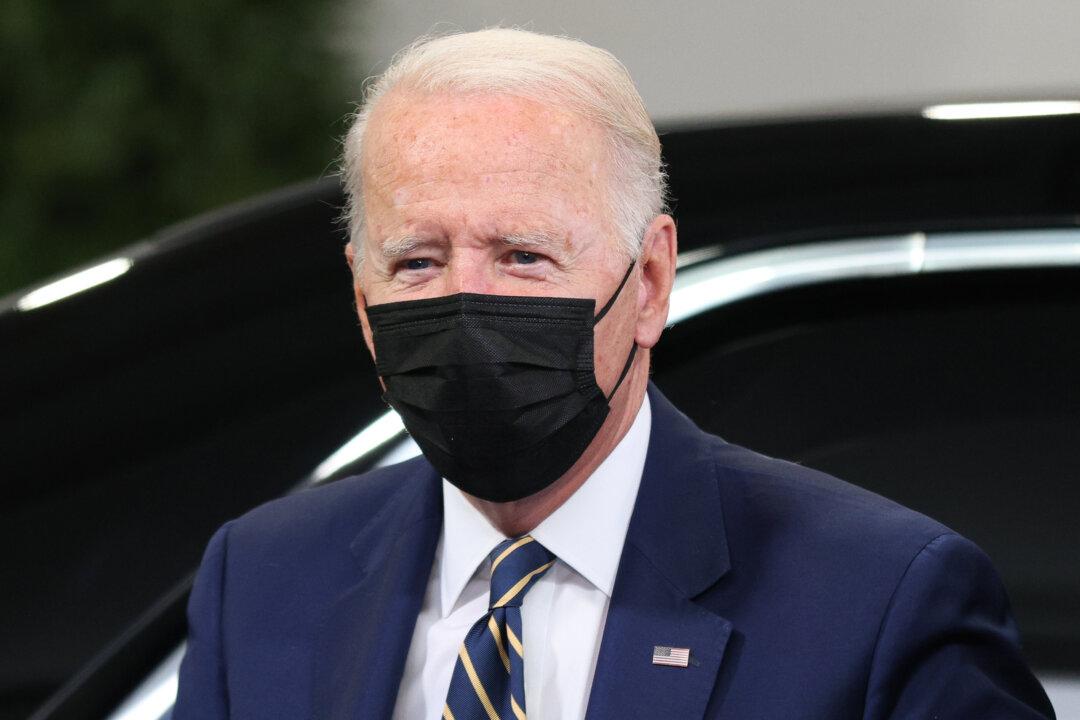A group of Republican lawmakers are planning to introduce a resolution to strike down President Joe Biden’s vaccine mandate after the federal Occupational Safety and Health Administration (OSHA) released its emergency temporary standard requiring businesses with 100 or more workers to have their workers get vaccinated or submit to regular testing for COVID-19.
In a statement issued on Thursday, House Education and Labor Committee Republican Leader Virginia Foxx (R-N.C.) confirmed that GOP lawmakers on her committee will “introduce immediately a Congressional Review Act resolution to nullify OSHA’s ‘emergency’ rule when it is received by Congress.”





